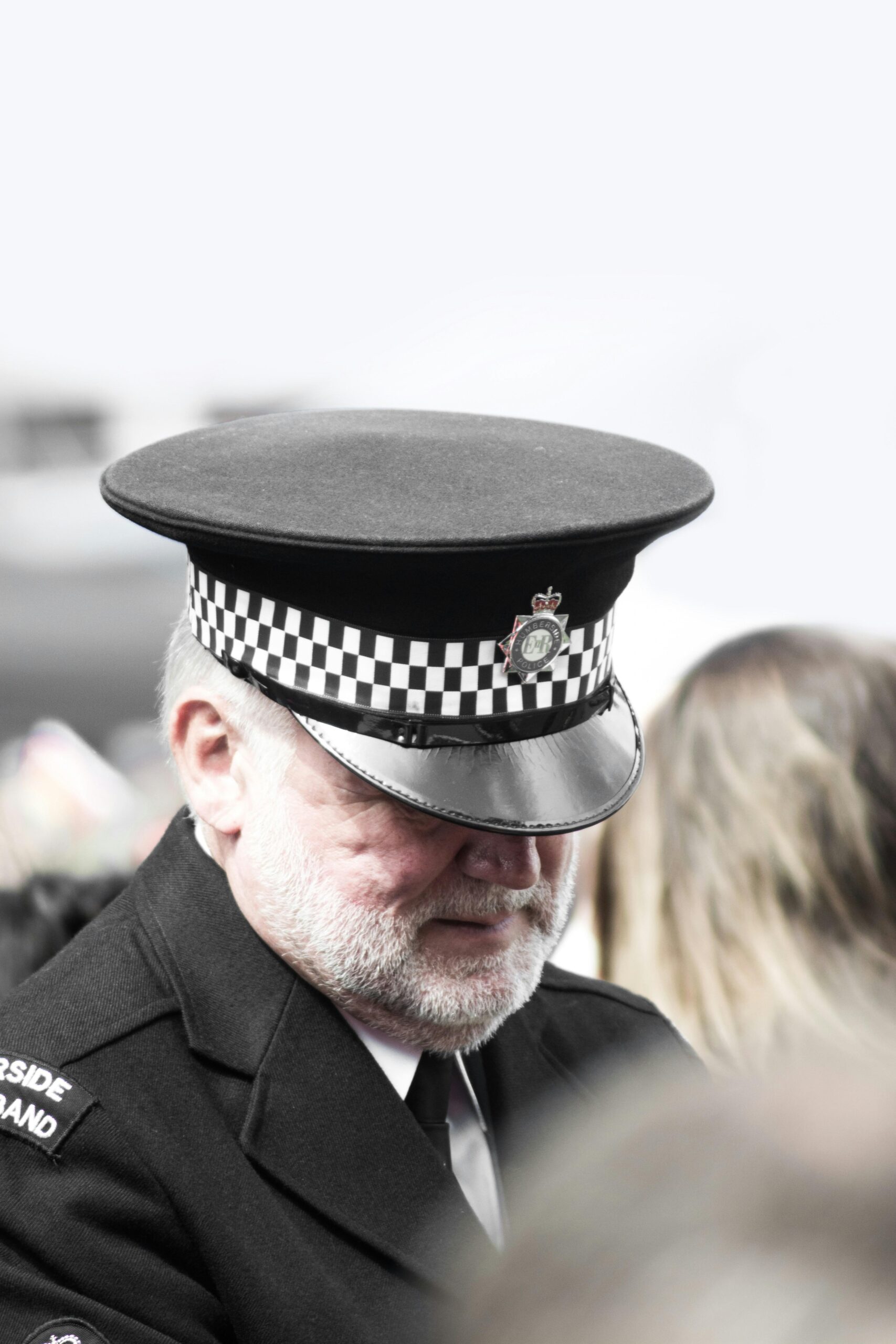When someone is experiencing a mental health crisis, the arrival of the police can feel like a pivotal moment—one that could lead to help and safety, or sometimes confusion and fear. But have you ever wondered what actually goes on behind the scenes when officers respond to these delicate situations? How are they trained to handle the complexities of mental health, and what protocols guide their actions? In this article, we’re taking a closer look at how police handle mental health crises—exploring the challenges, the strategies, and the evolving approaches aimed at ensuring everyone involved gets the care they need. Let’s dive in and unpack what really happens when law enforcement steps into the world of mental health emergencies.
Table of Contents
- Understanding the Challenges Police Face During Mental Health Calls
- The Role of Crisis Intervention Teams in De-escalating Situations
- Training and Tools That Help Officers Handle Mental Health Crises Better
- Why Collaboration Between Police and Mental Health Professionals Matters
- To Conclude
Understanding the Challenges Police Face During Mental Health Calls
When police officers respond to mental health emergencies, they step into a complex arena where standard law enforcement tactics often fall short. Unlike typical calls, these situations demand a delicate balance of empathy, quick thinking, and specialized knowledge. Officers frequently encounter individuals in tremendous distress, sometimes exhibiting unpredictable or aggressive behavior—not because they intend harm, but because they are caught in the throes of a mental health crisis. This unpredictability complicates decision-making, as officers must rapidly assess whether to de-escalate, provide immediate aid, or summon medical professionals, all while ensuring the safety of everyone involved.
Another significant challenge lies in the lack of uniform training and resources tailored to these encounters. While some departments have crisis intervention training, many officers still navigate these delicate moments with limited preparation. The stakes are high, and missteps can escalate rather than defuse tension. Common obstacles they face include:
- Identifying signs of mental illness under pressure
- Communicating effectively with individuals who may be confused or distressed
- Coordinating with healthcare providers and social services
- Managing community expectations and concerns
Each mental health call is a complex puzzle that pushes officers to adapt beyond the traditional role of an enforcer and embody the role of a compassionate mediator.
The Role of Crisis Intervention Teams in De-escalating Situations
When police respond to mental health emergencies, Crisis Intervention Teams (CIT) serve as a crucial bridge between law enforcement and compassionate care. These specialized units consist of officers trained extensively in recognizing and understanding the nuances of mental illness. Instead of defaulting to restraint or arrest, CIT officers employ de-escalation techniques designed to reduce tension and foster trust. They are equipped to calmly engage individuals, often using strategies such as:
- Active listening to validate feelings and fears
- Gentle persuasion and reassurance
- Flexible problem-solving tailored to the individual’s state of mind
This approach is transformative not only for those experiencing crises but also for the officers themselves, encouraging a mindset focused on safety and empathy over confrontation. With CIT programs gaining momentum nationwide, communities witness a meaningful reduction in harmful encounters, as well as an increase in connecting people to appropriate mental health resources. The role of these teams transcends traditional policing—offering a lifeline of understanding amidst chaos and uncertainty.
Training and Tools That Help Officers Handle Mental Health Crises Better
To effectively manage encounters with individuals experiencing mental health crises, many police departments have adopted specialized training programs designed to foster empathy and enhance communication skills. One of the most notable methodologies is Crisis Intervention Team (CIT) training, which educates officers on recognizing signs of mental illness and using de-escalation techniques to avoid forceful confrontations. These sessions often include role-playing scenarios and collaboration with mental health professionals, fostering a more nuanced approach that prioritizes safety and compassion over aggression.
Beyond training, officers are increasingly equipped with tools tailored for crisis situations. This includes mobile applications that provide access to local mental health resources and protocols, as well as devices like body cameras to promote accountability and transparency. In some regions, partnerships with mental health crisis teams allow police to call for on-site experts during emergencies, ensuring that individuals receive the proper care without unnecessary detention or incarceration. This evolving toolkit represents a shift towards a more informed and humane response to mental health emergencies.
Why Collaboration Between Police and Mental Health Professionals Matters
When crisis situations arise involving mental health, the presence of trained professionals beyond law enforcement fundamentally changes the outcome. Police officers often encounter volatile scenarios where understanding psychological conditions can defuse tension rather than escalate it. Collaborating with mental health experts means that interventions are guided by empathy, expertise, and tailored strategies, leading to safer resolutions for those experiencing distress. This partnership bridges the gap between enforcing the law and providing care, ensuring each individual’s unique needs are acknowledged.
Key advantages of this collaboration include:
- Enhanced communication: Experts help translate mental health symptoms into actionable insights for officers.
- Reduced use of force: De-escalation techniques increase, lowering the risk of injury for all parties.
- Improved access to treatment: Early professional intervention can connect individuals with ongoing support rather than the criminal justice system.
- Increased community trust: Demonstrating compassion and competence fosters stronger relationships between the public and law enforcement.
To Conclude
As we’ve seen, navigating mental health crises requires a delicate balance of understanding, patience, and specialized training. While police officers often serve as first responders, the growing awareness around mental health challenges is pushing for more resources, collaboration with mental health professionals, and alternative approaches. It’s a complex issue with no one-size-fits-all answer, but the more we explore how law enforcement handles these situations, the closer we get to creating safer, more compassionate communities. What changes would you like to see in how police respond to mental health crises? Let’s keep the conversation going.












